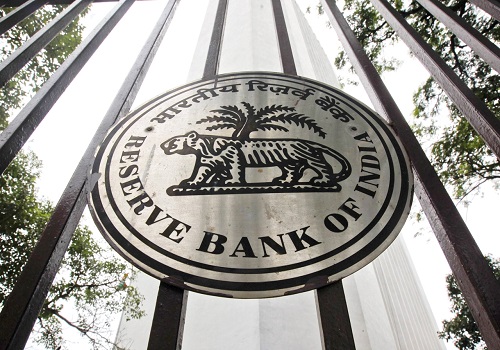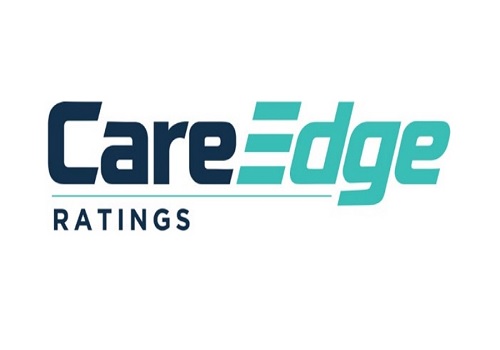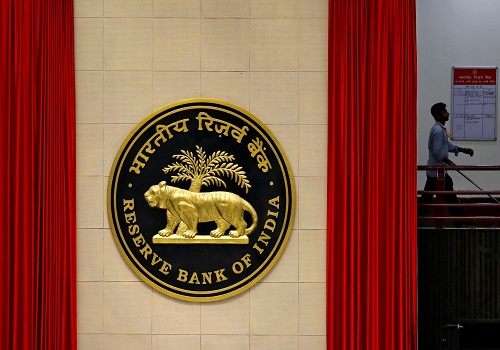Most SFBs would not clamour to become universal banks if some restrictions eased by RBI: D K Mittal

Highlighting the importance of small finance banks (SFBs) in fostering financial inclusion, former Financial Services Secretary D K Mittal has said most of them would not clamour to become universal banks if some restrictions are eased by the Reserve Bank of India (RBI). To promote financial inclusion in the country, RBI, in 2014, issued the guidelines for licensing of SFBs in the private sector. Following this, RBI granted licences to a dozen entities. As per the RBI guidelines, SFBs are required to open at least 25 per cent of their branches in unbanked rural centres and are mandated to provide 75 per cent of loans to the priority sector compared to 40 per cent for the commercial banks. Recently, the RBI invited applications from small finance banks meeting specified criteria, including a minimum net worth of Rs 1,000 crore, for becoming regular or universal banks.
The Secretary said while issuing guidelines for SFBs to become universal banks, it would be in the larger national interest of financial inclusion if RBI lifts some of the restrictions imposed on such SFBs including tag of SFBs. Talking about restrictions, he said, the RBI should consider allowing co-lending, pass through certificate (PTC) and securitisation, and setting up of subsidiaries. Idea should be to make them at par with commercial banks except for three basic principles of priority sector, below 25 lakh and Basel II for capital, he said, adding that these should work as universal banks with a differentiated focus on financial inclusion.
He further said after all they comply with all guidelines applicable to universal banks except a few related to capital but with additional responsibility of 75 per cent priority sector and 50 per cent below Rs 25 lakh lending. This will ensure that customers look at all commercial banks as equal which is so. He added that if it is done, they would be as good as a universal bank with the added responsibility of furthering the objective of financial inclusion and serving the population of the lowest strata of society. This will also ensure that most SFBs would not clamour to become universal banks.
























